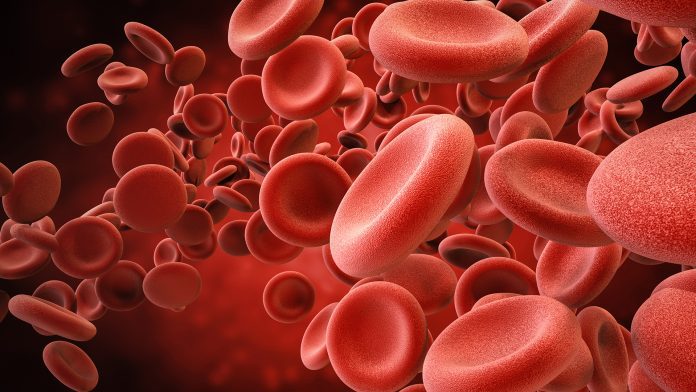
Vitamin B5 could improve the production of red blood cells in myelodysplastic syndrome patients, according to new research from Queen Mary University of London.
Researchers from Barts Cancer Institute at the Queen Mary University of London collaborated with scientists from the Francis Crick Institute to examine why patients with myelodysplastic syndrome, a rare form of blood cancer, suffer from ineffective red blood cell production. According to the study, vitamin B5 can be used in combination with existing drugs to improve patient outcomes.
The paper, ‘Vitamin B5 and succinyl-CoA improve ineffective erythropoiesis in SF3B1-mutated myelodysplastic,’ has been published in Science Translational Medicine.
What is myelodysplastic syndrome?
Myelodysplastic syndrome is characterised by a stem cell disorder caused by the incorrect production of red blood cells. There is currently no cure for myelodysplastic syndrome; however, some treatment options can slow the progression of the disease.
These include growth factor medicines such as, such as erythropoietin or G-CSF injections. Medicines which eliminate excess iron in the bloodstream and antibiotics can treat infections caused by a low blood cell count.
Patients with myelodysplastic syndrome will often develop acute myeloid leukaemia (AML), and around half of all patients will become resistant to existing treatment options within two years of therapy. This means that myelodysplastic syndrome patients rely highly on red blood cell transfusions. This procedure is dangerous and can be very painful due to an iron overload in the blood caused by the operation, highlighting the importance of developing new ways to treat myelodysplastic syndrome and prevent leukaemia progression.
“Given our elderly population is increasing, and age is the dominant risk factor for the development of MDS, we will start to see more and more people with this type of blood cancer,” said Syed Mian, postdoctoral research fellow in Crick’s Haematopoietic Stem Cell Laboratory.
The researchers analysed blood samples from 42 myelodysplastic syndrome patients. They discovered that the enzyme COASY was critical in regulating red blood cell production in the bone marrow. The researchers observed that partial loss of this enzyme in people’s myelodysplastic syndrome severely disrupted the production of red cells, leading to anaemia.
Vitamin B5 can boost red cell production
The researchers tested new ways of improving red blood cell production with new treatments, including vitamin B5 supplementation. They found that treatments containing vitamin B5 increased the maturation of red blood cells. The researchers also found that the metabolite, succinyl-CoA, had a similar effect.
“Current treatments for myelodysplastic are often associated with reduced quality of life and the increased risk of progression to leukaemia. Understanding the biology behind this stem cell disorder is key to unlocking new treatments of the future,” said the supervisor of the study, Kevin Rouault-Pierre
“Our next steps will be to further investigate how to boost red blood cell production and work towards testing new treatments in clinical trials,” he added.
“Anaemia-related symptoms, such as chronic fatigue, are commonly reported in myelodysplastic patients, and the current red blood cell transfusions, although essential, come with potential complications and also require substantial human and financial resources. Therefore, it’s essential that we find alternative ways to regulate long-term red blood cell production in these patients,” concluded Mian.

























